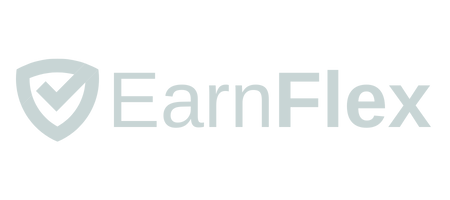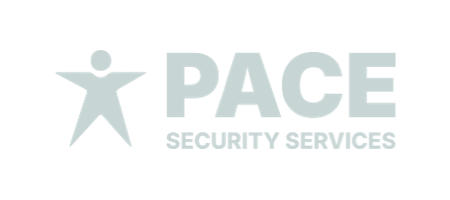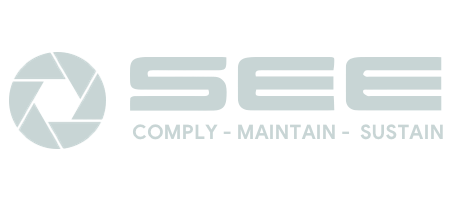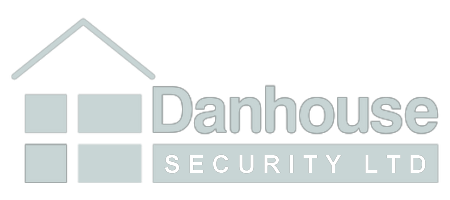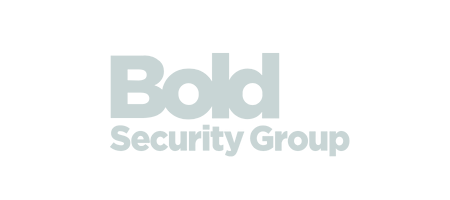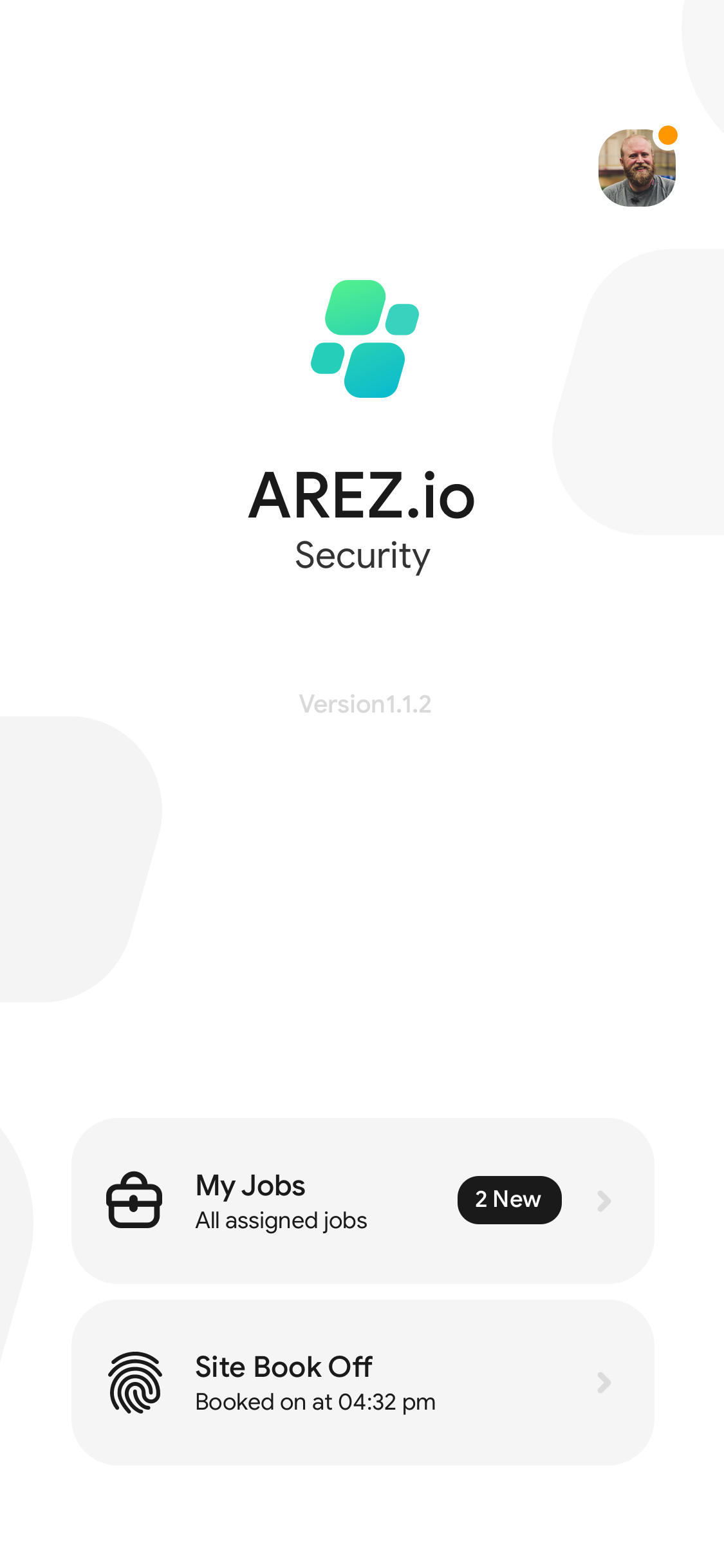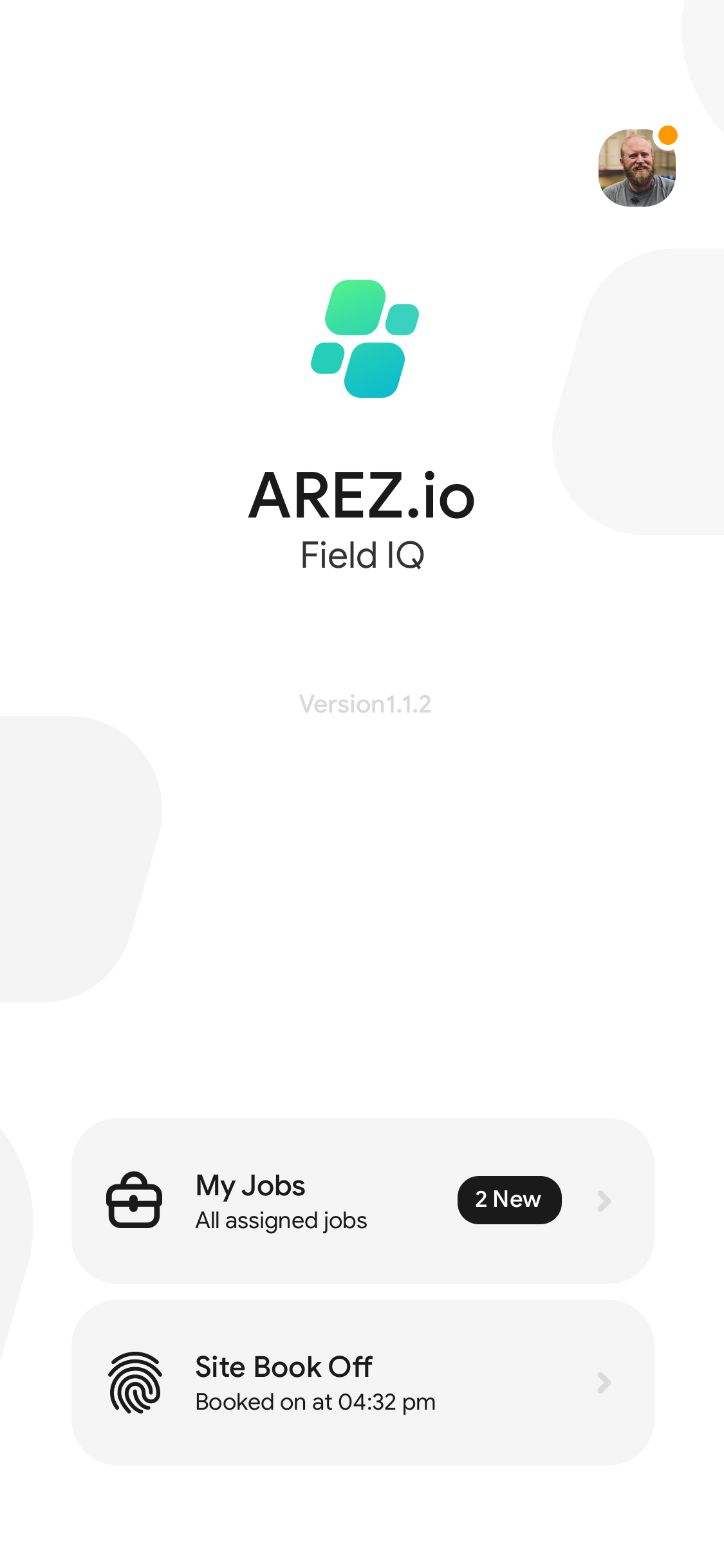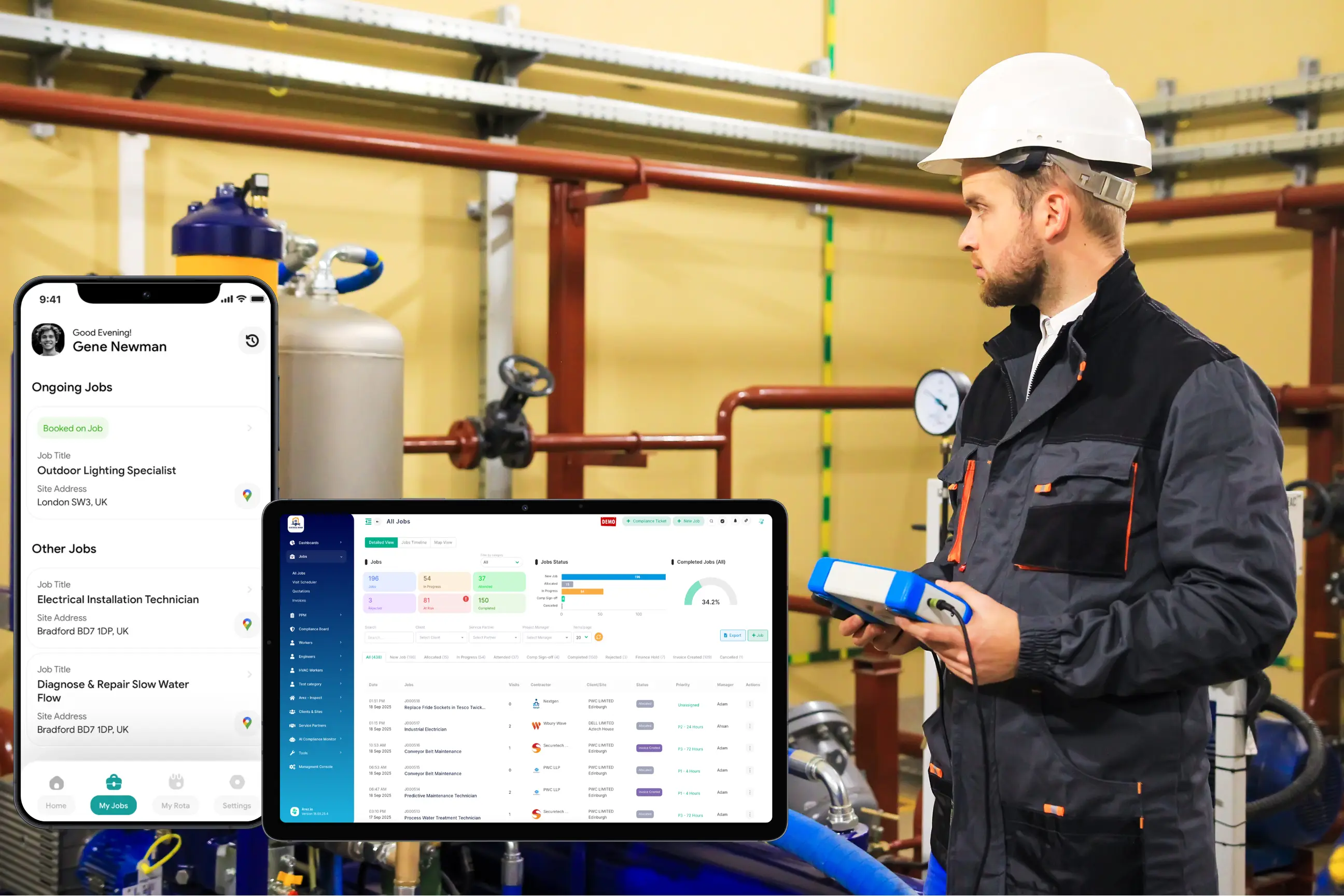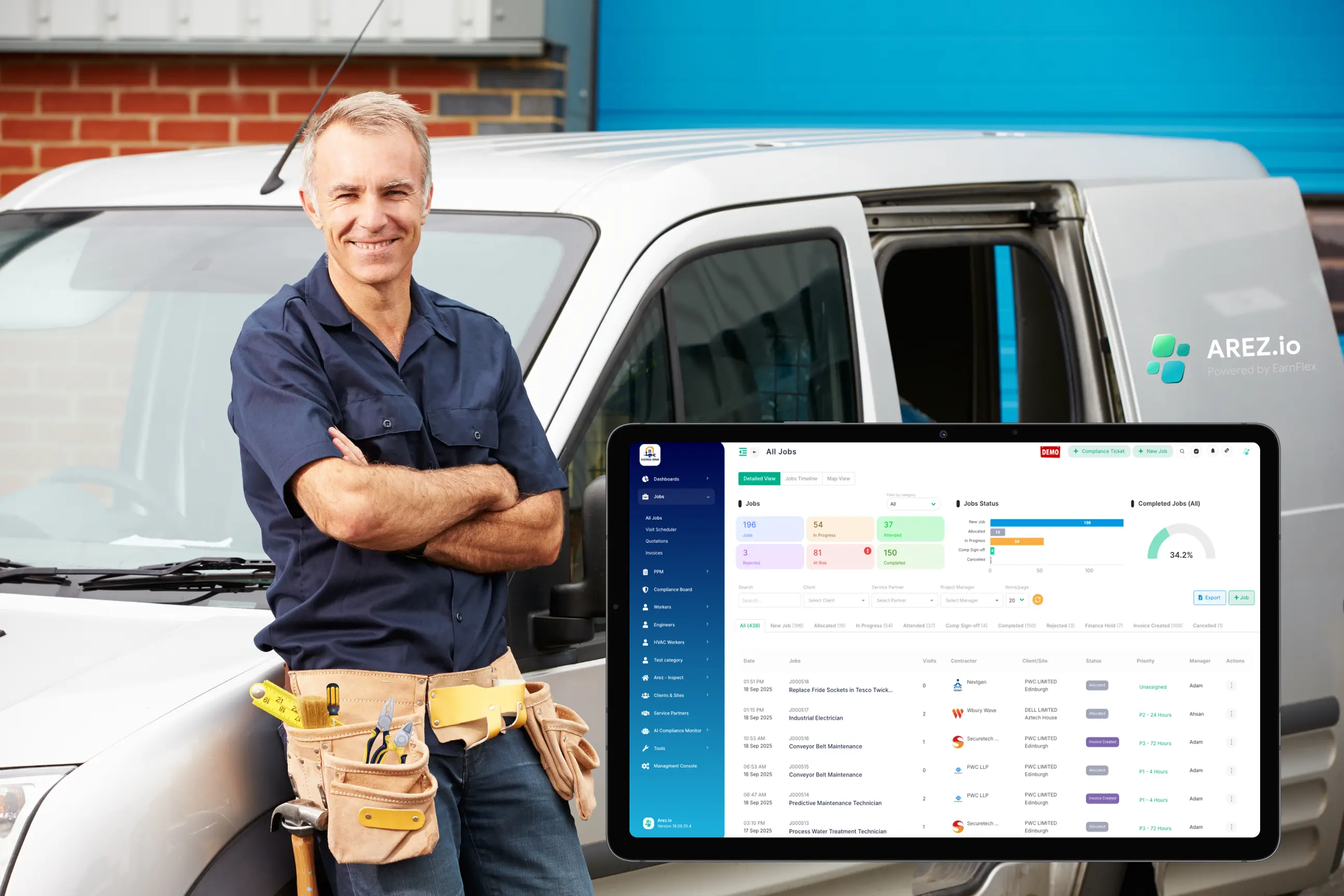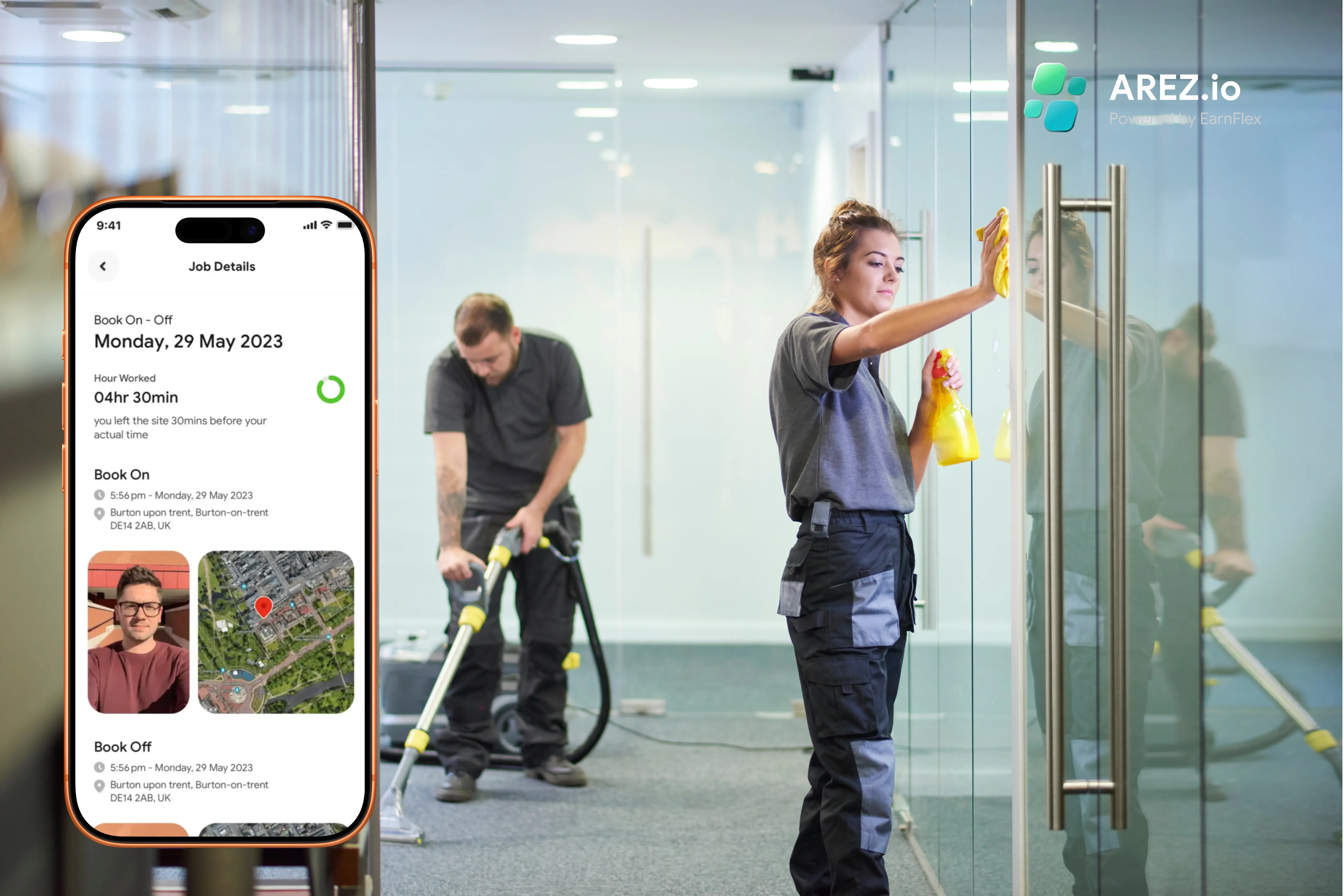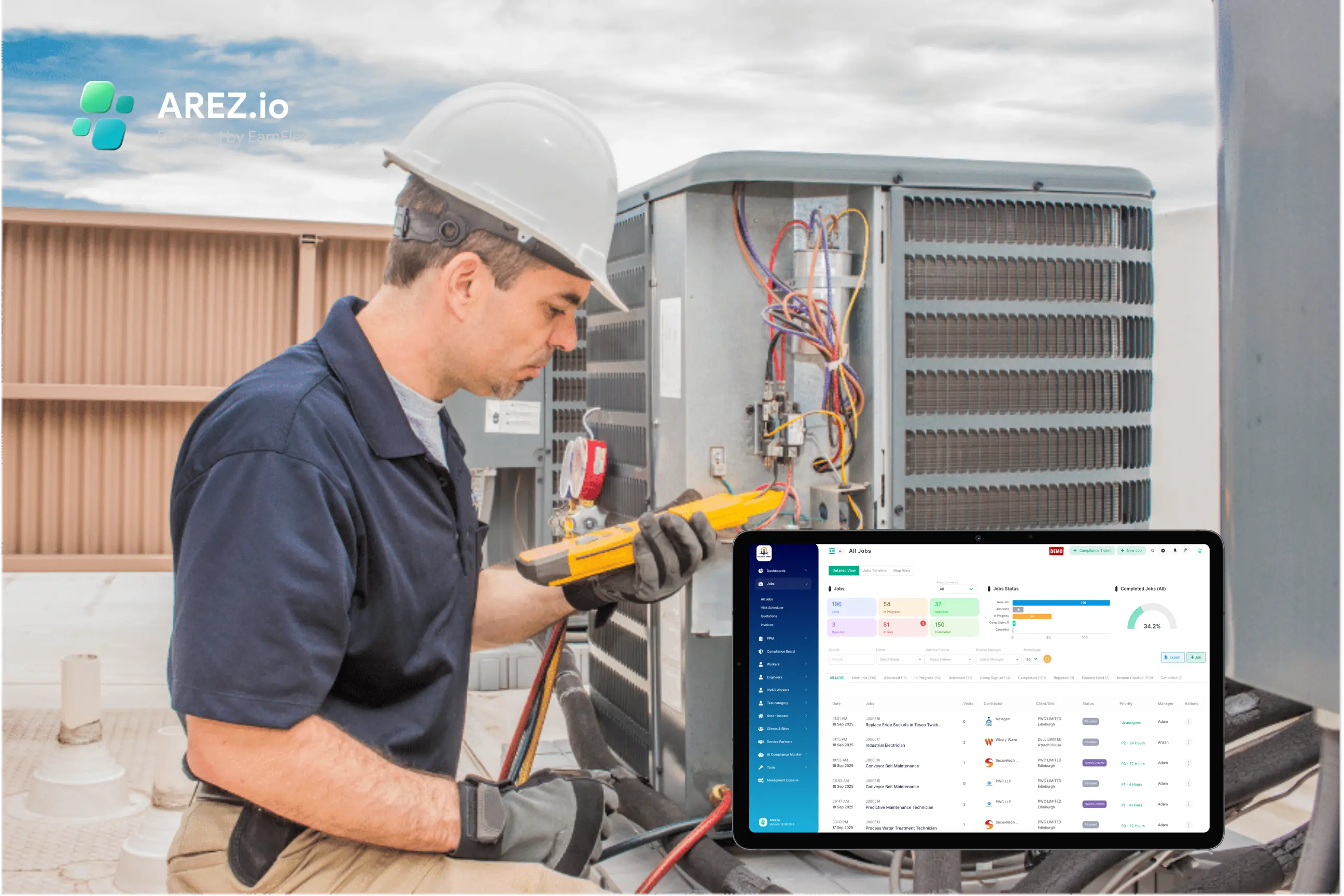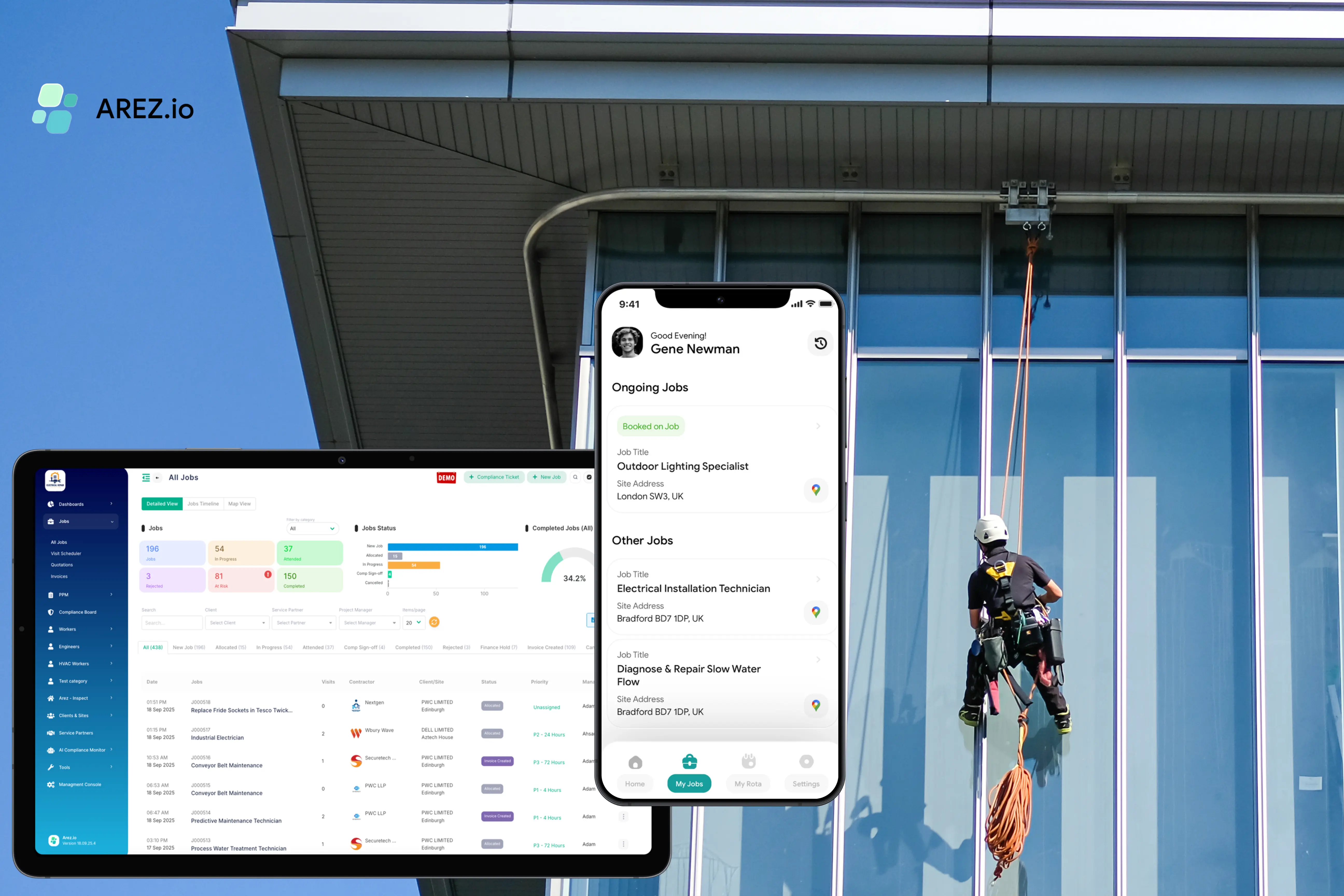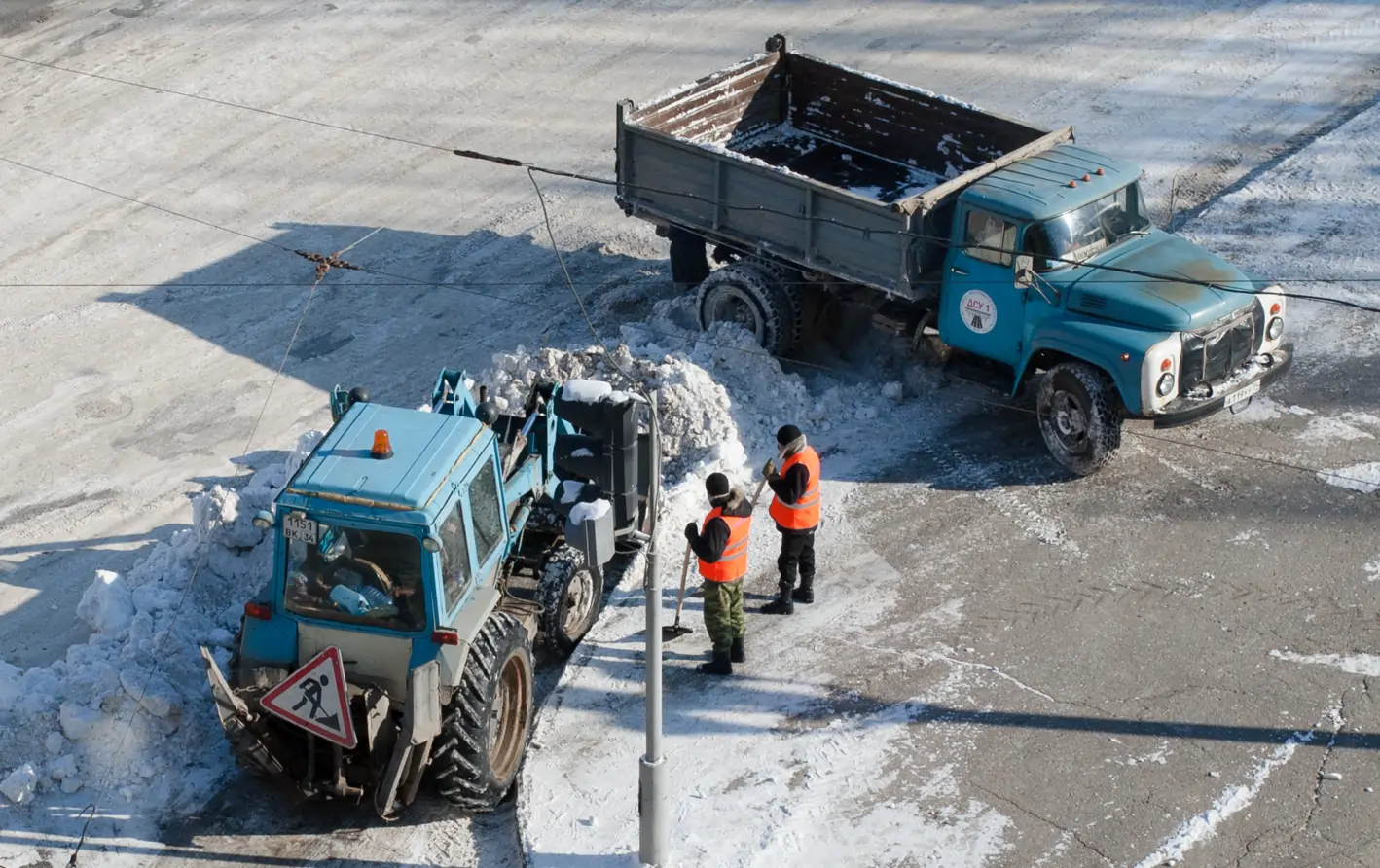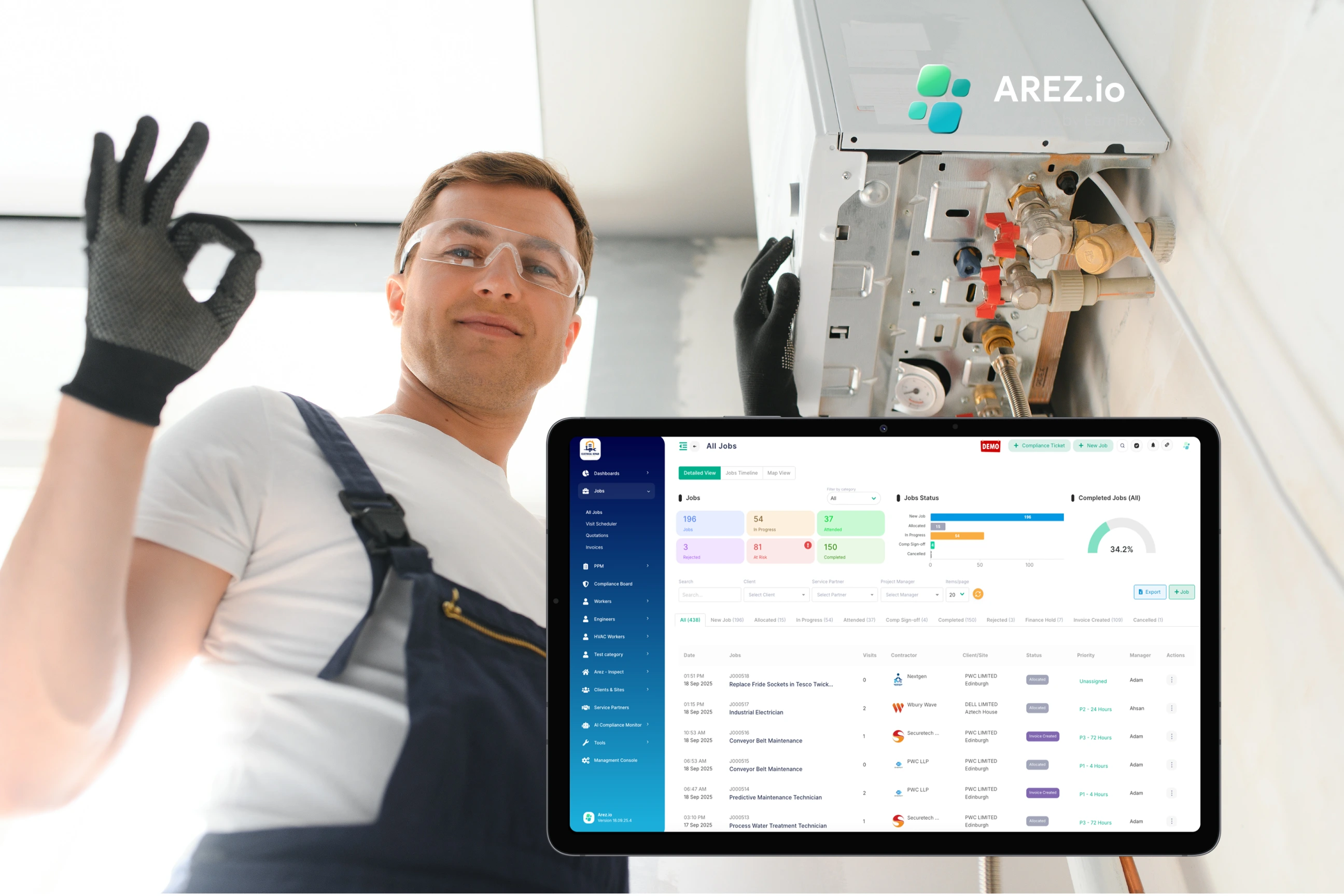What would you like to manage?
Job
processing
Vetting &
Compliance
Work
Assurance
Shift
Fulfillment
Vetting
Payroll &
invoicing
Reporting
Facial
Recognition
Get Started

Boost Operational Efficiency by 40% and Ensure 100% Worker and Supplier Compliance with Arez
Every day, Arez tracks compliance, schedule shifts, and manage thousands of maintenance jobs across the UK. From flagging expiring certification to spotting shift anomalies and simplifying invoicing, Arez helps you cut risk, protect margins, and deliver with confidence. Backed by a world-class tech stack and dedicated support, we make operations more efficient and accountable from day one.
MANAGE
See what’s happening, where, and ensure compliance across your operations and supply chain in real time with live shift reports, patrol heat maps, and worker activity monitoring.
CERTIFY
Automate, track, and prove 100% compliance through AI-enabled vetting,background checks, and job certification, from BS-7858 screening to rightto-work validation.
AUTOMATE
Reduce admin and duplication with automatic timesheets, invoice generation, and smart job workflows from requisition to close-out.
VERIFY
Guarantee only qualified, verified people attend your sites with real-time license checks, anomaly detection, and digital ID verification.
VALUE
Show your impact with clear data, from labour coverage and payroll accuracy to supplier performance and cost savings.
CUSTOMISE
Tailor workflows, dashboards, and screening templates to fit your business needs in minutes.
CONTROL COST
Prevent leakage and protect profitability with smart supplier selection,payroll reconciliation, and shift optimisation.
INTEGRATE
Replace outdated, disconnected systems with one powerful platform that links compliance, jobs, payroll, and invoicing.
ENGAGE
Keep staff and suppliers connected via the Arez app for rotas, messaging,leave requests, and document uploads.
EXCEL
Deliver outstanding service with complete transparency from job creation and RAMS requests to HSE approvals, live progression tracking, and final close-out.
SALES PIPELINE
Purpose-built, integrated CRM for FM businesses to track leads, win contracts, and boost revenue.
INSPECT
Inspect your properties, manage assets, link jobs, and keep FM businesses compliant, trusted, and growing with Arez Inspect.
AREZ.IO
A modular AI-powered platform built to enable smarter operations.
FieldIQ
- Manage PPM tasks, triage reactive jobs, and manage site-level contracts with AI-powered scheduling and SLA-driven prioritisation.
- Stay compliant with live certificate alerts, automated job creation,and inbuilt QHSE tools.
- Allocate jobs by cost or location and track delivery in real time Protect margins with automated payroll, accurate invoicing, and AIdriven cost controls that monitor thresholds and variances.
- Deliver projects, remedials, and quoted works while using custom dashboards for real-time supply chain transparency.
Operate
- Real‑time guard location tracking via mobile app.
- Automated patrol and shift scheduling with rota management.
- Incident capture, logging, and compliance workflows in one spot.
- Mobile-first communication and reporting for field staff.
- Audit-ready activity logs and evidence capture.
Frost
- FROST helps FM firms expand their winter services business by managing more sites, subcontractors, and jobs with integrated CRM tools.
- Automate scheduling based on accurate weather insights, ensuring timely winter services delivery, reduced downtime, optimised routes, and improved overall operational efficiency.
- Built-in compliance tracking and job records keep FM businesses audit-ready, improving client trust and supporting long-term profitability in winter operations.
- Subcontractors access jobs instantly through a slick mobile app, enabling faster responses, reduced delays, and improved satisfaction for winter service clients.

Arez isn’t like other job management tools.
All Arez solutions are built on the intelligent AI-powered Arez Platform, designed for speed, adaptability, and control, all delivered through a seamless user experience.
What you get with every Arez solution:
- Easy setup by site, region, or client with a support from an in-house Customer Success experts whose only metric of success is your success.
- Unlimited users – role based access with secure logins and personalised views for your team to collaborate.
- Customisable forms, dashboards, and widgets to match your workflows and activities.
- Simple, transparent pricing with no hidden fees and predictable pricing from day one.
- AI-powered automation to optimise everything from scheduling to invoicing.
- User-friendly platform and app that looks great and is easy to use 24/7 support with a free, direct line to live technical support for everyone on your project.
- Enterprise-grade operations exceeding global requirements for data safety, operations, and privacy without sacrificing performance and ease of use.
- Cloud-Based Configurable Platform delivering seamless integration with third-party systems.
Workforce Compliance
Because we built Arez from the ground up, we know what matters, which is why it’s the only workforce management platform with screening, vetting, and compliance built in for both workers and subcontractors.

Real-time compliance checks
Including SIA licenses and Right to Work, powered by AI and live databases.

Real-time subcontractor compliance tracking
Via AI for insurance, certifications, and approvals.

Smart worker profiles
To manage certification and documents, with AI anomaly detection and automated renewal reminders.

Non-compliant lockout
To prevent unverified workers or suppliers from being booked.

Bulk data upload assisted with AI
To improve the speed and accuracy of data management.

Configurable reports and dashboards
With leading and lagging indicators to keep on top of compliance performance.
Benefits of AREZ
Improve Workforce Operations with Arez.
100% Supplier and Worker Compliance - for every shift
Our automated and AI-enabled supplier and worker screening, both pre-shift and during the shift, ensures you are 100% compliant with your company and regulatory standards, such as BS:7858, every single time.
40% Operational Efficiency
Achieve up to 40% operational efficiencies by managing the complete lifecycle of work delivery, from compliance and scheduling to timesheets and invoices—all automated in our adaptable platform.
Customizable Solutions for 15,000+ Users
Arez enables you to customize templates, workflows and reports to suit the way your business operates, all delivered via a seamless user experience already trusted by over 15,000 users and growing.




Arez is enabling businesses to stay ahead of competition.

Alexander Postle
Sodexo
The portal has been an invaluable resource, making life much easier and saving us a great deal of time in shift scheduling.The worker activity tracker has given us solid data driven evidence when dealing with customer complaints. I know it’s something I will personally be using as much as possible going forward.

Jeff Alden
SEE Services
Getting confidence in the compliance of our supplier network, along with visibility of where work is happening and where our workers are, has been a critical enabler for our growth. This capability differentiates us significantly against our competition.

Lindsay Hibberd
Pace Security
The facial recognition feature, along with live SIA checks on every book-on/off, is particularly useful for ensuring we always get the person we expect on the shifts with a valid SIA license.
Powering Every Industry with compliance & control
Arez adapts to every industry to enable safer, smarter, and more efficient operations.
Frequently Asked Questions
Our CMS (Compliance Management System) module provides automation and AI-led background checks and vetting that minimises the time you spend doing vetting and proactively notifies you of any anomalies. We have vetting templates pre-configured for the following industries:
- Security Services
- Cleaning and Facilities Management.
- Transportation and Logistics.
- Healthcare and Emergency Services
If you discontinue your subscription with Arez.io, your data, including all files, will be removed from our servers after 31 days. However, financial records such as payments and invoices will be retained in compliance with local tax regulations, typically for up to seven years in the UK. This ensures that legal requirements are met while the rest of your data is securely erased after the 31st day.
Yes, we can provide a walk-through of the Arez system and how it works as a one-stop solution to help streamline your operations. Click on Book a Demo and take the first step in streamlining your business operations.
or contact us at https://arez.io/contact
We ensure that Arez.io is transparent with its pricing, and there are generally no hidden fees associated with the software. The pricing model typically includes all core functionalities, including job scheduling, compliance management, and document storage. Any additional costs, such as extra features, integrations, or extended storage, should be clearly outlined in the pricing plan. However, we recommend you review the subscription terms or contact the support team to fully understand any potential charges for upgrades, customisations, or usage overages to avoid surprises.
Arez.io is a cloud-based field services management software designed to streamline job scheduling while automatically managing compliance. Some key features include:
1. Job Scheduling and Dispatch: The software simplifies job assignment by allowing businesses to schedule tasks, dispatch workers, and track progress in real-time, improving operational efficiency.
2. Automated Compliance Management: Arez.io automatically handles compliance requirements, including managing Risk Assessment and Method Statements (RAMS) and ensuring that all regulatory standards are met seamlessly.
3. Real-Time Tracking and Reporting: With real-time updates, users can track job progress, worker location, and task completion, ensuring better oversight and faster decision-making.
4. Customizable Workflows: The platform allows users to customise workflows to fit their business processes, enhancing flexibility and adaptability.
5. Document Management: Arez.io helps manage key documentation, including health and safety reports, certifications, and compliance documents, all stored securely in the cloud for easy access.
6. Mobile Access: Field workers can access the software through mobile devices, enabling them to receive job updates, complete tasks, and report in from any location, enhancing productivity.
7. Automated Notifications and Alerts: The system provides alerts for upcoming tasks, deadlines, and compliance requirements, ensuring nothing is overlooked.
These features make Arez.io a robust tool for managing field services, and improving scheduling, compliance, and operational efficiency.
Arez has been developed keeping multiple industries in mind so we can customise for different use-cases at speed. Please speak with us today to discuss your use-case and requirements.
How long does deployment take?
Typical deployment time ranges from 2-4 weeks, depending on the scope of the project.
Still have a question? Ask Here
Let's Connect
Feel Free To Contact By Phone Or With Our Form If You Have Any Questions Or Need Assistance On Product Information.
0800 099 6196
info@arez.io
137A Molesey Avenue
Molesey, London KT8 2RY, England

Arez is a product suite for managing the complete lifecycle of frontline workforce management, including hiring, vetting, compliance, scheduling and operations.It includes modules for vendor management, compliance management, and operations management.
Subscribe To Our Newsletter
Stay up to date with the latest software updates. Sign up to receive our email newsletter.






